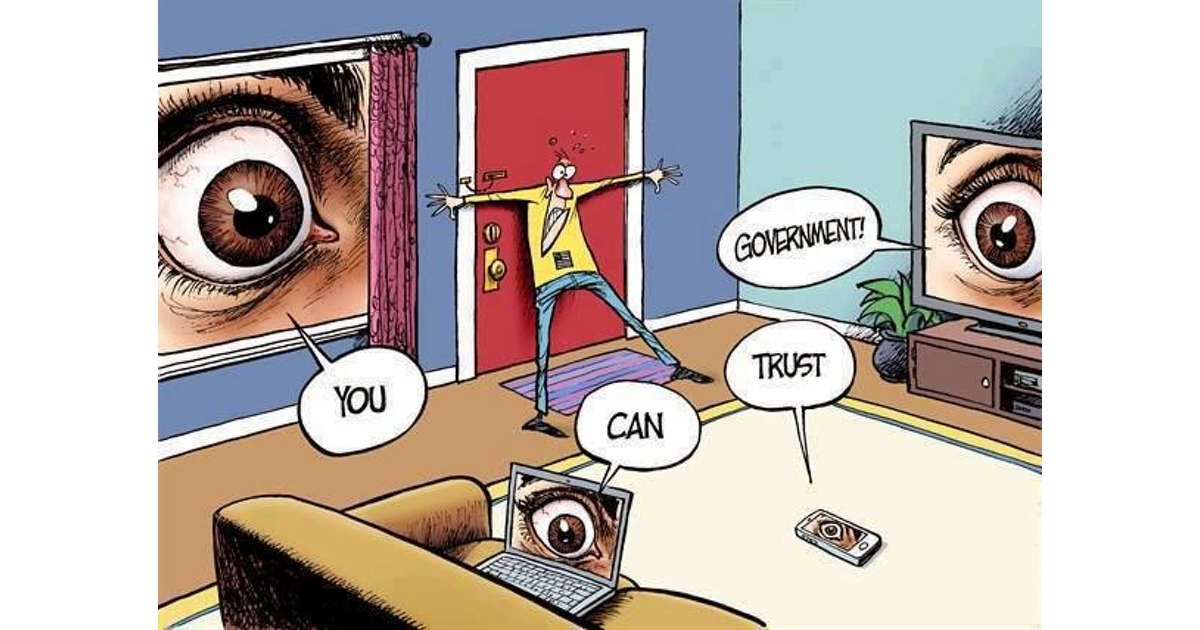|
By Tyler Durden
While most Congressional observers are focused on the battle to avert a weekend government shutdown (an outcome that's looking increasingly likely), the Senate on Thursday quietly passed an extension of the NSA's spying surveillance program, sending the bill to the president's desk a week after the House voted to authorize the controversial plan. Even President Trump voiced scepticism about reauthorizing the bill in a tweet earlier this year, where he claimed it had helped the Obama administration spy on the Trump campaign, although he infamously flip-flopped later. As the Hill pointed out, the vote comes after an (almost) tension-filled hour on the Senate floor earlier this week where opponents tried, but failed, to mount a filibuster to force additional debate on the legislation, with both sides spotted lobbying key holdouts. Opponents rallied against the bill ahead of Thursday's vote, arguing the legislation is being rushed through. Critics of the controversial Section 702 of the FISA Act - the measure that was reauthorized by the Senate today and is expected to be signed into law despite Trump's reservations - said it allows the FBI to spy on Americans without first obtaining a warrant. Though some surveillance experts have disputed this. As the Wall Street Journal explained, Section 702 underpins a wide range of electronic collection against foreign targets overseas and has been referred to by officials as critical to national security. The law was set to expire Friday unless Congress voted to reauthorize it. Opponents of the bill say the secrecy surrounding intelligence agency operations has made it prone to abuse. One of the most prominent critics of reauthorization is Thomas Drake, an NSA whistleblower who raised concerns about the domestic spying initiatives that were revealed by Edward Snowden - except he raised his concerns through official channels. Read the rest at ZeroHedge Comments are closed.
|
Archives
July 2024
|


 RSS Feed
RSS Feed



